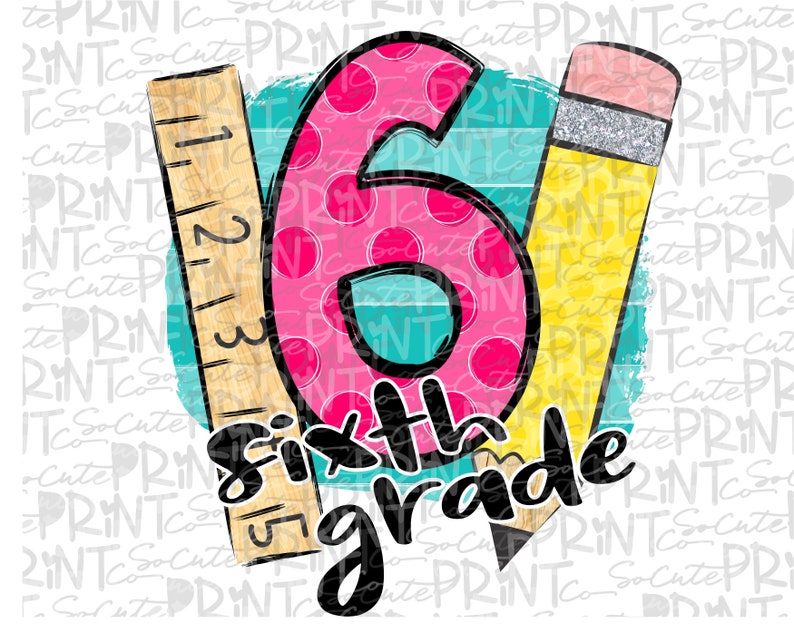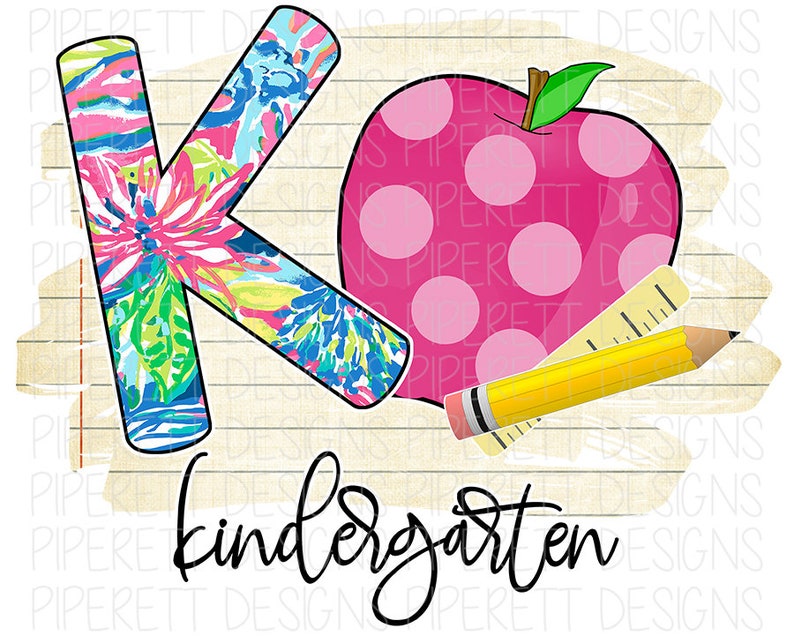
- Aplicarán la evaluación bimestral. (20 Puntos)
- Se trabajará y retroalimentara información en el libro Close -Up (Páginas 71,72 y 73)
- Se entregaran Usuarios y Contraseñas para acceso Olimpiadas Myschool. Estas estaran pegadas en el cuaderno.
- Se explicará el tema de los comparativos.
- Se dara una hoja explicativa para apoyar el tema de comparativos👉CUADRO EXPLICATIVO COMPARATIVOS Y SUPERLATIVOS👈
- Se hará ejercicios en el libro para poner en práctica el tema.
- Se recordara el alfabeto.
- Se harán ejercicios de deletreo.4 PUNTOS
- La próxima semana se hará un ejercicio de WRITING (Complete descriptions using informations of pages 78 and 79) 8 PUNTOS
Comparative Definition
Comparatives are used to compare and clarify the difference between two nouns. In other words, comparative adjectives are used when two persons or objects being compared.
Adjectives are words that describe the qualities or states of being of nouns: enormous, doglike, silly, yellow, fun, fast. They can also describe the quantity of nouns: many, few, millions, eleven.
Forming Comparative Adjectives
One-syllable Adjectives
1. Form the comparative forms of a one-syllable adjective by adding –er.
Examples:
- long – longer
- tall – taller
- young- younger
2. If the one-syllable adjective ends with an e, just add –r for the comparative form.
Examples:
- cute – cuter
- large – larger
3. Add –er to adjectives that end in consonant-vowel-consonant and double the last consonant.
Examples:
- big – bigger
- hot – hotter
Two-syllable Adjectives
1. With most two-syllable adjectives, you form the comparative with more.
Examples:
- honest – more honest
- famous – more famous
2. If the two-syllable adjectives ends with –y, change the y to i and add –er for the comparative form.
Examples:
- happy – happier
- crazy – crazier
- deadly - deadlier
- lonely - loneier
- pretty - prettier
- smoky - smokier
- tasty - tastier
3. Two-syllable adjectives ending in –er, –le, or –ow take –er to form the comparative forms.
Examples:
- narrow – narrower
- gentle – gentler
Adjectives with Three or More Syllables
Add more to adjectives that has 3 or more syllables.
Examples:
- expensive – more expensive
- difficult – more difficult
- difficult - more (or less) difficult
- expensive - More (or less) expensive
- interesting - More (or less) interesting
- important - More (or less) important
Irregular Adjectives
- good – better
- bad – worse
- far – farther
- little – less
- many – more
NOTE: When comparative adjectives are used, the word “THAN” appears after the adjective.
Comparative Examples
List of affirmative and comparative adjectives in English.
| Examples of Comparative Adjectives | |
| Affirmative | Comparative |
| slow | slower |
| fast | faster |
| cheap | cheaper |
| clear | clearer |
| loud | louder |
| new | newer |
| rich | richer |
| short | shorter |
| thick | thicker |
| old | older |
| tall | taller |
| large | larger |
| wide | wider |
| wise | wiser |
| nice | nicer |
| big | bigger than |
| fat | fatter than |
| fit | fitter than |
| polite | more polite than |
| helpful | more helpful than |
| useful | more useful than |
| obscure | more obscure |
| hungry | hungrier than |
| happy | happier than |
| pretty | prettier than |
| heavy | heavier than |
| angry | angrier than |
| dirty | dirtier than |
| funny | funnier than |
| narrow | narrower than |
| shallow | shallower than |
| humble | humbler than |
| gentle | gentler than |
| clever | cleverer than |
| interesting | more interesting than |
| comfortable | more comfortable than |
| beautiful | more beautiful than |
| difficult | more difficult than |
| dangerous | more dangerous than |
| expensive | more expensive than |
| popular | more popular than |
| complicated | more complicated than |
| confident | more confident than |
| good | better than |
| bad | worse than |
| far | farther than |
| little | less than |
| much/many | more than |
| stupid | less stupid than |
Complete the adjective form.
PRACTICE 1
Practice 2.
Make the comparative form. If it's possible, use 'er'. If not, use 'more'.
1) Dogs are __________________________(intelligent) than rabbits.
2) Lucy is __________________________(old) than Ellie.
3) Russia is far _______________________(large) than the UK.
4) My Latin class is ______________________(boring) than my English class.
5) In the UK, the streets are generally _____________________(narrow) than in the USA.
6) London is __________________________(busy) than Glasgow.
7) Julie is __________________________(quiet) than her sister.
8) Amanda is ________________________-(ambitious) than her classmates.
9) My garden is a lot ________________________(colourful) than this park.
10) His house is a bit _______________________-(comfortable) than a hotel.
EJERCICIOS PARA REFORZAR Y PRACTICAR.
Animals’ body parts:👉Activity 1👈
Explanation👉Presentation comparatives👈
VIDEOS COMPARATIVE EXPLANATIONS






No hay comentarios:
Publicar un comentario